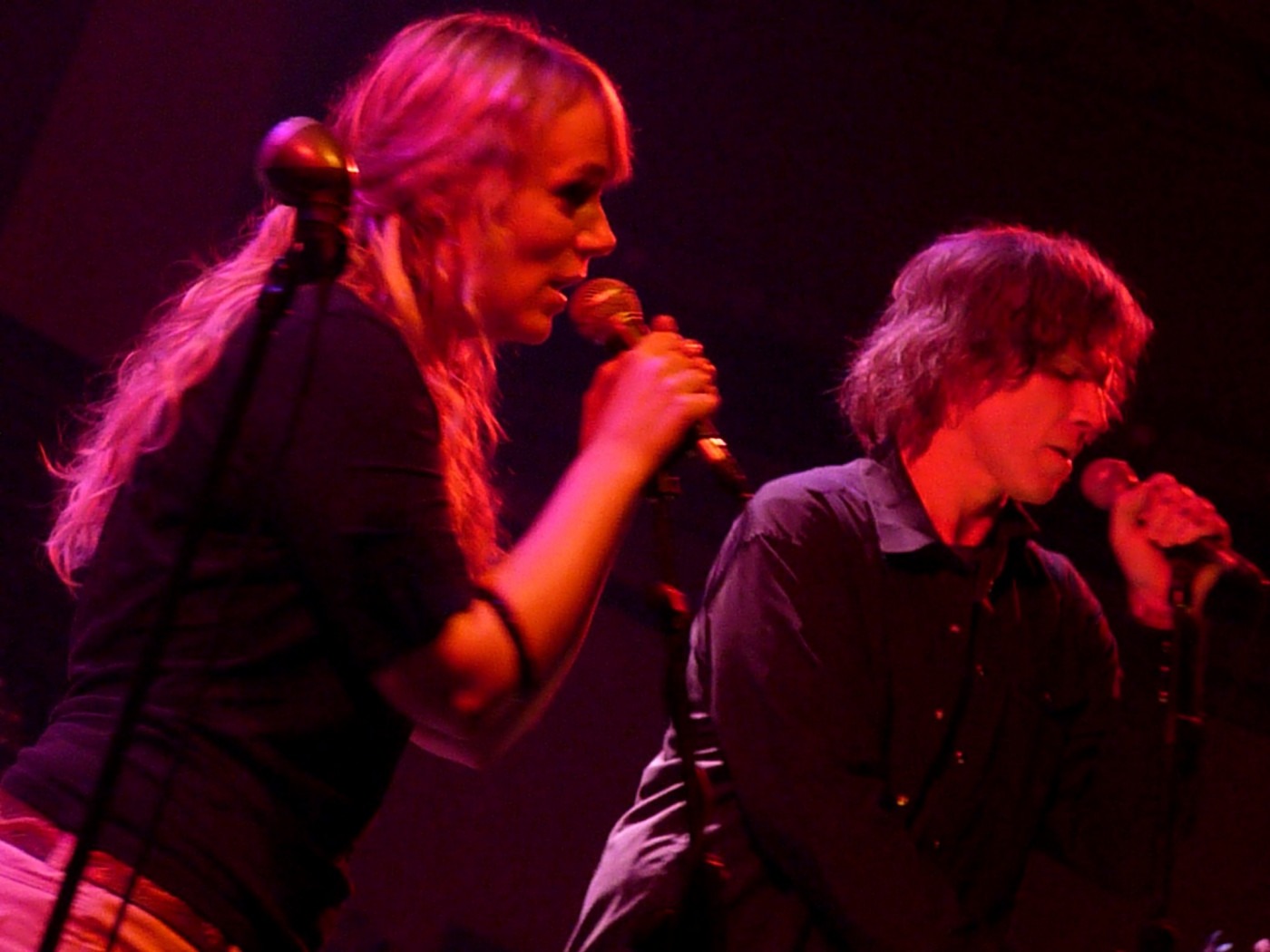Isobel Campbell’s ‘Bow to Love’ review: queen of the psychedelic lullaby returns
The COVID-19 pandemic was a kick in the teeth for most in the music industry, but Isobel Campbell may well have a good case for being one of the worst affected. Her 2020 record There is No Other was preceded by a decade’s hiatus and much wrangling over the album’s legal rights, after the record company which was set to release it folded. Its eventual emergence into the light was a cause for much celebration, but within a couple of months, the world itself went into a hiatus of sorts.
Given her great loss, it is perhaps no surprise that some of that grief is extrapolated in Bow to Love
Barring an EP release later that same year, which included a string of great covers from The Beatles’s ‘Something’ to ‘Never My Love’, she has remained conspicuously quiet since. That was excluding a moving obituary she wrote for The Guardian of her former collaborator and muse Mark Lanegan, formerly of the Screaming Trees, who died in 2022. “People said we were beauty and the beast,” Campbell observed of their unlikely partnership. “Yet I witnessed your beauty and I could frequently inhabit beast. Light and dark. Angel and devil. Of our records, you said you were “happy for me to do the heavy lifting. Yet you brought my songs to life.” The pair made the perfect counterbalance, Lanegan’s rustic vocals interwoven with the whispery tones of the Scotswoman.
Given her great loss, it is perhaps no surprise that some of that grief is extrapolated in Bow to Love, her return to recording after nearly four years. It feels somewhat broodier and more stormy than There Is No Other, perhaps embodying some of Lanegan’s harsher aspects. But Campbell’s mastery has always been in creating the ethereal in music, a layered psychedelic landscape where her vocals drift rather than penetrate. The 48-year-old’s new offering is however strongly rooted in the present day. Like the preceding 2020 record, Bow to Love carries with it a mood as symbolic of 2024 as 1968. ‘4316’ is futuristic and jaunty, but takes aim at the depersonalisation of modern culture and our excessive dependence on technology. Others target the folly of relationships, such as ‘Second Guessing’, which feel as close to her early offerings under the pseudonym The Gentle Waves as the record gets.
Since departing Belle and Sebastian in 2002, Campbell has mostly flown under the radar
When Campbell rose to prominence as a member of much feted Scottish indie pop band Belle and Sebastian, it was her disarmingly soft vocals which stood out before all else. But as a solo musician, Campbell has always skilfully negotiated their place amongst lullaby guitar riffs and orchestral arrangements. ‘Keep Calm, Carry On’ is a great example of that, an arresting call to persist despite prevailing modern anxieties, as is ‘Everything Falls Apart’, her charge against the disunities and conflicts of the contemporary world. She meanwhile channels her most inspired escapology in ‘Om Shanti Om’, a showcase of her unique ability to switch from the serious to the transcendental.
Since departing Belle and Sebastian in 2002, Campbell has mostly flown under the radar. Her work with Lanegan was no doubt her most commercially and critically successful, garnering a Mercury Prize nomination for Ballad of the Broken Seas in 2006. But there is a delight in the way Campbell eschews the limelight to craft these still impressive records far from the public gaze. This was her second produced in her Los Angeles base by Chris Szcech, her former partner who she separated from before recording. It is an upheaval typical of Campbell’s turbulent solo career, a far from smooth musical journey. But it seems to have had a negligible impact on her successes this time. Bow to Love marks another triumphant return for the Scots queen of the psychedelic lullaby. Next time, let’s hope we don’t wait so long.
★★★★
Recommended Listening: ‘Everything Falls Apart’, ‘4316’ and ‘Why Worry’

Comments